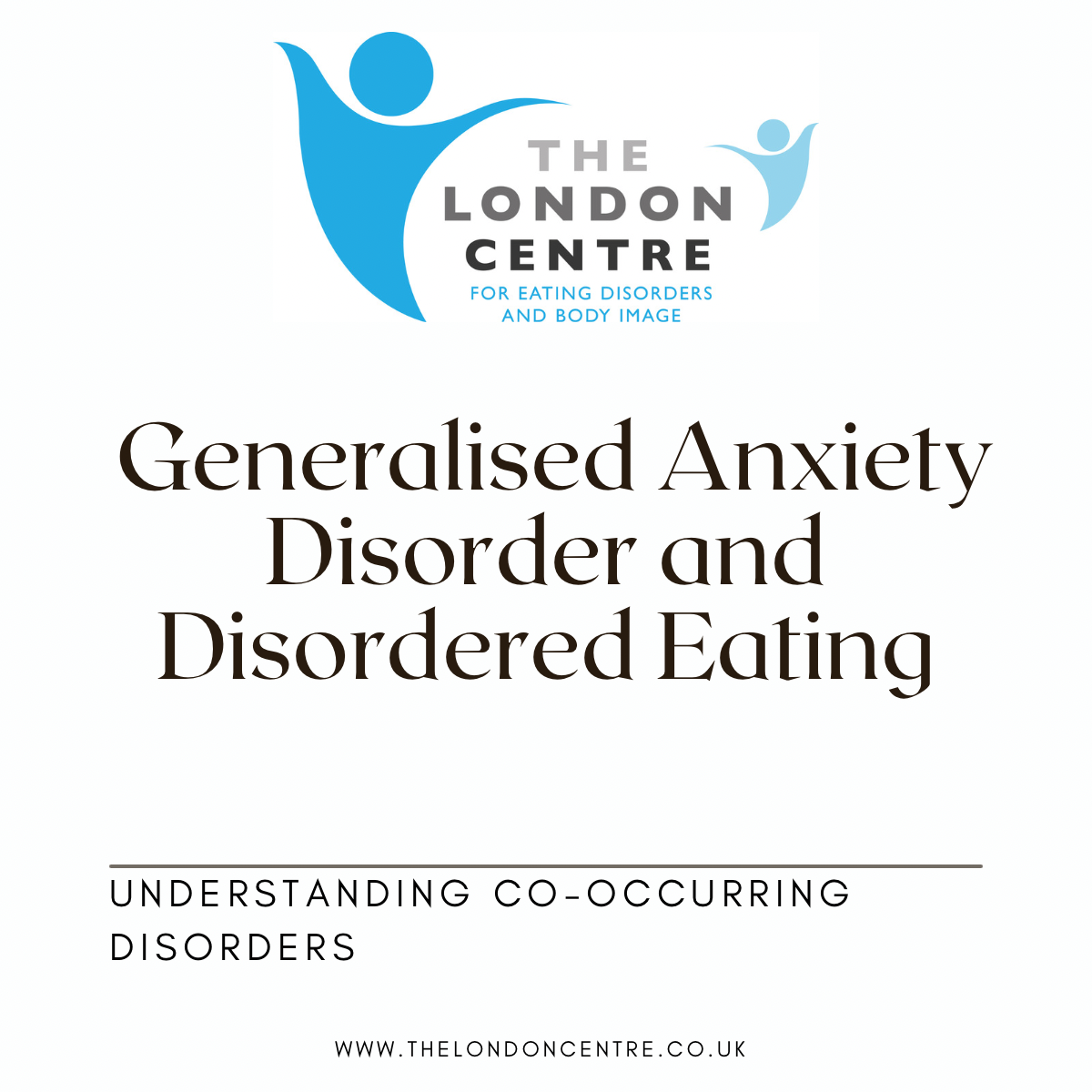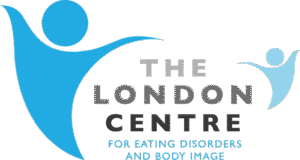Understanding Co-Occurring Disorders: Generalised Anxiety Disorder and Disordered Eating
Generalised Anxiety Disorder (GAD) is a common comorbid condition observed in individuals with disordered eating. When present alongside an eating disorder it is essential to understand its characteristics, as addressing GAD is crucial for a holistic approach to recovery.
Symptoms of Generalised Anxiety Disorder:
- Excessive Worry: People with GAD often experience persistent and excessive worry about various aspects of life, including their health, relationships, and daily responsibilities.
- Restlessness: Restlessness, feeling on edge, or being easily fatigued are common symptoms.
- Muscle Tension: GAD can lead to muscle tension, which may result in headaches or other physical discomfort.
- Difficulty Concentrating: Individuals with GAD may find it challenging to concentrate or focus on tasks due to their constant worrying.
- Irritability: GAD can make people more irritable or on edge.
Signs of Generalised Anxiety Disorder in Relation to Disordered Eating:
- Obsessive Food Thoughts: GAD can contribute to obsessive thoughts about food, calories, and body image.
- Compulsive Behaviours: Some individuals may engage in compulsive behaviours related to eating, such as binge eating or extreme food restriction, as a way to cope with anxiety.
- Perfectionism: GAD-driven perfectionism can lead to unrealistic expectations about one’s body and eating habits.
- Eating disorders and GAD have a mutually reinforcing relationship. Anxiety tends to intensify when individuals refrain from engaging in eating disorder behaviours, prompting them to use these behaviours as a means of alleviating and managing their anxiety.
Treatment Options for Generalised Anxiety Disorder:
Treating GAD alongside disordered eating is essential for a successful recovery journey. Here are some common treatment options:
- Therapy: Cognitive-Behavioural Therapy (CBT) and Dialectical Behaviour Therapy (DBT) can help individuals learn coping strategies and manage anxiety effectively.
- Medications: In some cases, medication prescribed by a mental health professional may be beneficial to alleviate symptoms.
- Lifestyle Changes: work on developing a balanced lifestyle with the focus being on meeting your basic needs such as proper nutrition, adequate sleep, fun, connection, movement, self-care and mental stimulation.
- Support Groups: Participating in support groups or therapy groups focused on anxiety can provide a sense of community and shared experiences.
Generalised Anxiety Disorder often accompanies disordered eating, making it crucial to address both conditions simultaneously for effective treatment and recovery. Understanding the symptoms, signs, and treatment options for GAD is a significant step toward a holistic approach to wellness.
For more information or if you wish to book an appointment, please click here.








